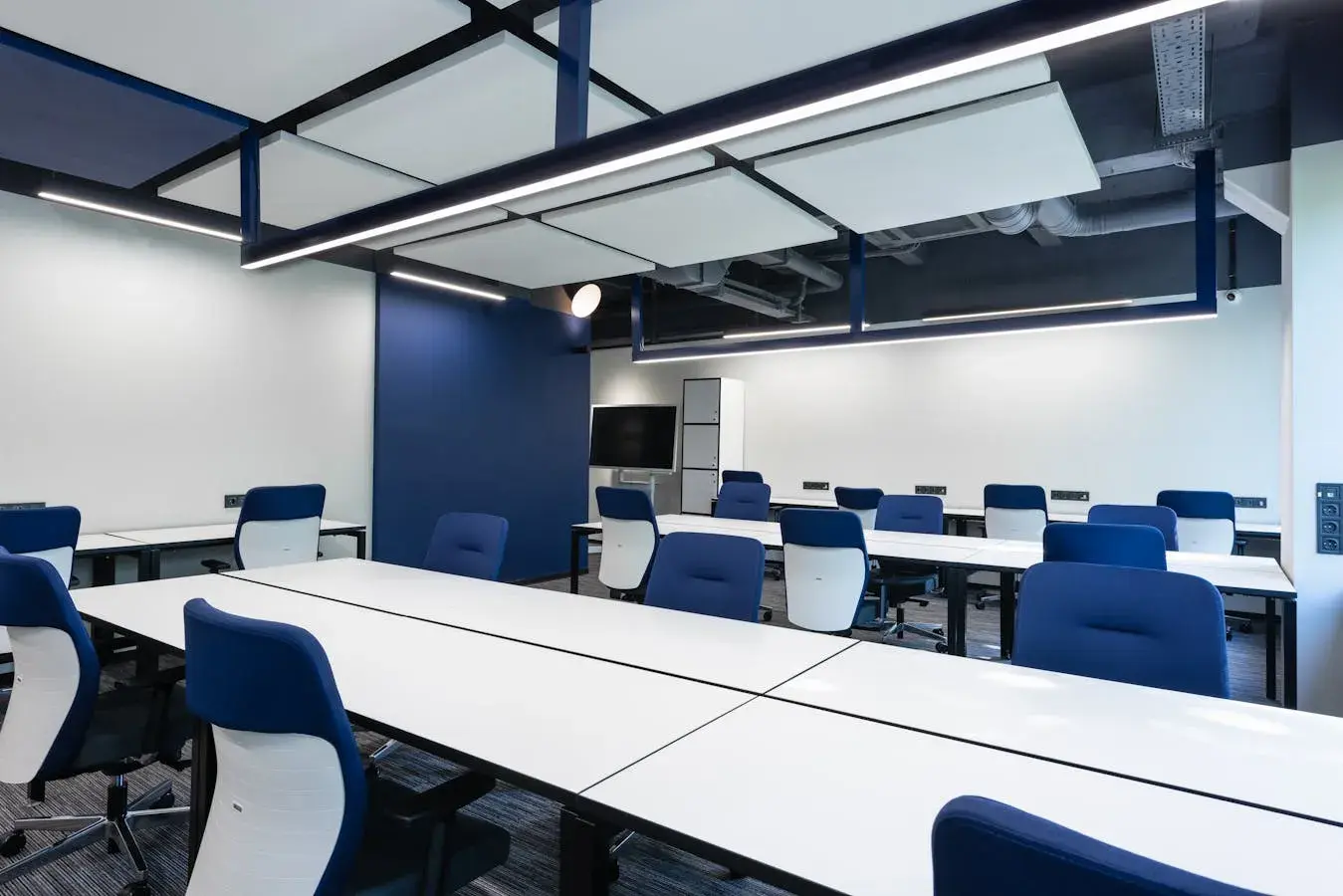Meta Cuts 600 Roles In AI Unit As It Refocuses Research
Meta moved to reshape its artificial-intelligence organization this fall: the company is cutting about 600 roles across its AI division, a bid to streamline decision-making while continuing to invest heavily in next‑generation systems.

What Happened?
On October 22, 2025, Meta confirmed it would eliminate roughly 600 positions within Superintelligence Labs, the umbrella group that includes product-focused AI teams, AI infrastructure, and the long-running Fundamental AI Research (FAIR) unit. In an internal memo, Chief AI Officer Alexandr Wang said smaller, denser teams should move faster and give individuals more scope and impact. The newly created TBD Lab, which develops Meta’s most advanced foundation models, is not affected. TBD Lab remains exempt from the cuts, underscoring the company’s priority on core model development. Affected staff are being encouraged to pursue open roles elsewhere at Meta, with leaders signaling that many could be redeployed internally.
Why It Matters
The reductions are significant for a company racing peers to build more capable AI. Meta frames the move not as a retreat from AI but as a restructuring to remove layers and reduce coordination overhead. The timing also follows Meta’s financing partnership with Blue Owl Capital to build the Hyperion data center in Louisiana—an off–balance sheet, multi‑billion‑dollar project meant to supply the compute needed for training future models. In other words, Meta is cutting bureaucracy, not ambition: the company is simultaneously pruning teams and doubling down on infrastructure and top‑tier model work.
Inside The Restructure
Superintelligence Labs was formed earlier in 2025 to bring Meta’s scattered AI efforts under one roof. Since then, the company has pursued a dual track: open-source model releases that broaden adoption and a push to build larger, more capable systems inside TBD Lab. This round of cuts primarily touches FAIR and platform teams that support product AI across Facebook, Instagram, and WhatsApp, while leaving the elite model group intact. Meta says many impacted employees can land roles elsewhere inside the company, suggesting overall AI headcount may shift rather than shrink dramatically.
What’s Next?
In the near term, watch for internal transfers and targeted hiring to rebalance the organization around fewer, faster-moving teams. Longer term, the Hyperion buildout and continued recruiting for TBD Lab point to a focus on training larger foundation models and shipping AI features across Meta’s apps. The company’s bet is that leaner structures—and much larger compute—will help it close the gap with rivals while keeping momentum behind its Llama ecosystem.
Sources
- Meta cuts ~600 AI roles amid restructuring — Reuters (October 22, 2025)
- Meta lays off 600 AI staff while expanding hiring — Associated Press (October 22, 2025)
- Meta partners with Blue Owl to build Hyperion data center — Meta Press Release (October 21, 2025)
You May Also Like
These Related Stories

Meta AI Chief Yann LeCun Weighs Startup Move, Reports Say

Blind Survey: 72% of India Layoffs Give Little or No Notice
-2.png)


No Comments Yet
Let us know what you think